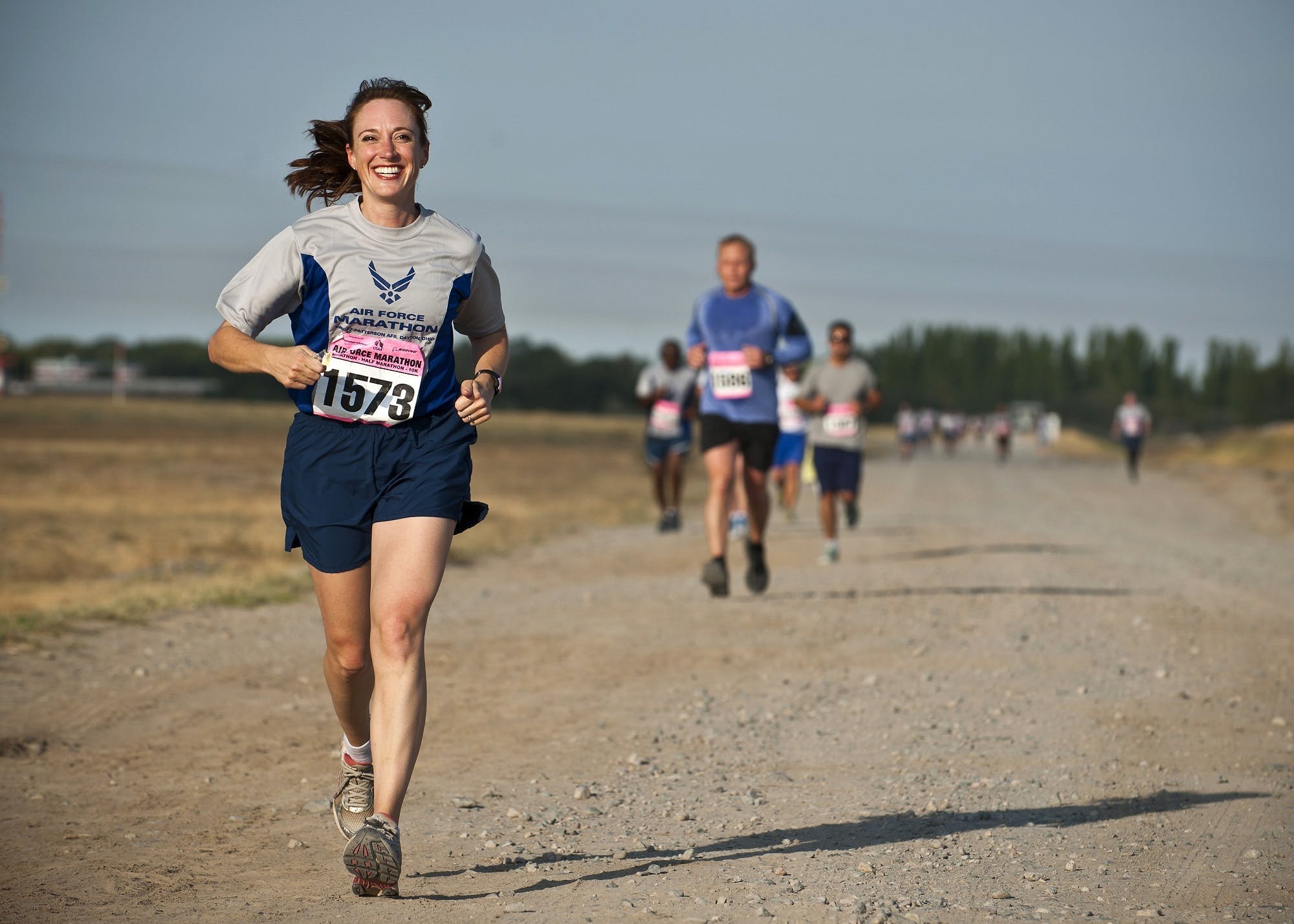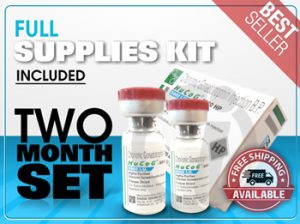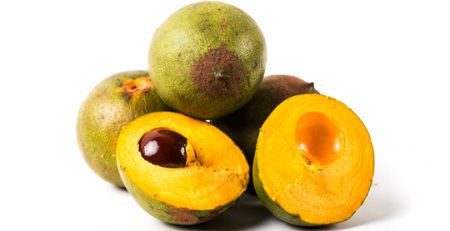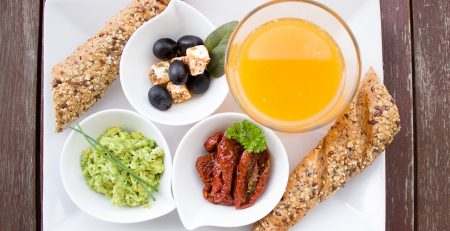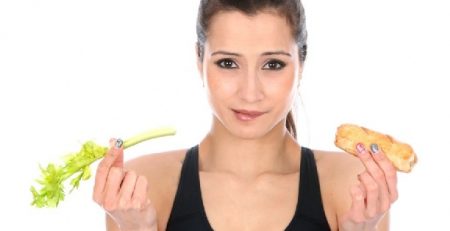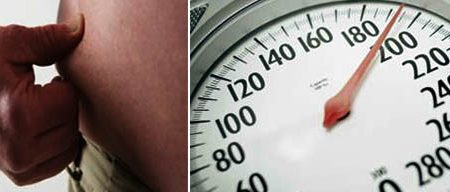Health and Nutrition for Athletes
It is an acknowledged fact that good nutrition leads to good health, and good health greatly contributes to one’s performance. This holds especially true for athletes, whose foundation to better performance is a well-balanced and healthy diet. An athlete following the HCG injections plan should consult a nutritionist to make sure if there are other adjustments to be made, especially as sugar levels are regulated.
An athlete’s diet should be able to:
-
-
provide enough energy to fuel the body through demanding training regimen;
-
-
-
provide enough fluids to avoid dehydration;
-
-
-
empower prime performance by helping the athlete reach the ideal body weight and fat and muscle levels;
-
-
-
improve the athlete’s adaptive abilities and recovery periods; and
-
-
enhance the athlete’s general health, among others.
Though generally similar to the general public, there are some additions to the athlete’s diet. Athletes who have an extraneous workout routine need to increase their energy intake. Guidelines for carbohydrate and protein intake based on grams per kilogram (g/kg) of body weight should be consulted.
Unrefined carbohydrates (e.g. wholegrain bread and cereals) should be at the core of athletes’ diet. During digestion, the body breaks down all carbohydrates into glucose, which is the body’s chief energy source. Glucose can then be converted to glycogen and stored in the liver and muscle tissues, and can thus act as fuel for muscles and other body systems during exercise.
2 Month HCG 5000 IU Incl. Mixing Supplies
Original price was: $230.00.$179.00Current price is: $179.00. Buy NowAthletes are advised to adjust their carbohydrate intake according to their exercise level:
-
-
Light intensity exercise (30 minutes per day): 3 to 5 g/kg per day
-
-
-
Moderate intensity exercise (60 minutes per day): 5 to 7 g/kg per day
-
-
-
Endurance exercise (1 to 3 hours per day): 6 to 10 g/kg per day
-
-
Extreme endurance exercise (more than 4 hours per day): 8 to 12 g/kg per day
It is suggested that athletes’ fat intake come from olive oils, nuts and seeds, avocados, and other healthier options. It is also advised to refrain from consuming high-fat foods such as pastries, chips, and fried foods.
For their protein, athletes are advised to consume an amount that is only slightly higher than that recommended for the general public. In any case, protein needs are easy to meet by following a high-carbohydrate diet many high-carbohydrate foods are rich in protein too. A proper dose of protein will also help in stimulating anabolism.
Athletes should drink plenty of fluids before, during and after their workout sessions. Though water is okay, in high-intensity and endurance regimens, sports drinks might be better since they usually contain sodium, which helps in absorption.

Health nut turned blogger, spreading the wellness bug with a side of humor. Dishing out nutritious advice, fitness antics, and wellness wisdom, all while keeping health journeys as fun as a barrel of kale!

